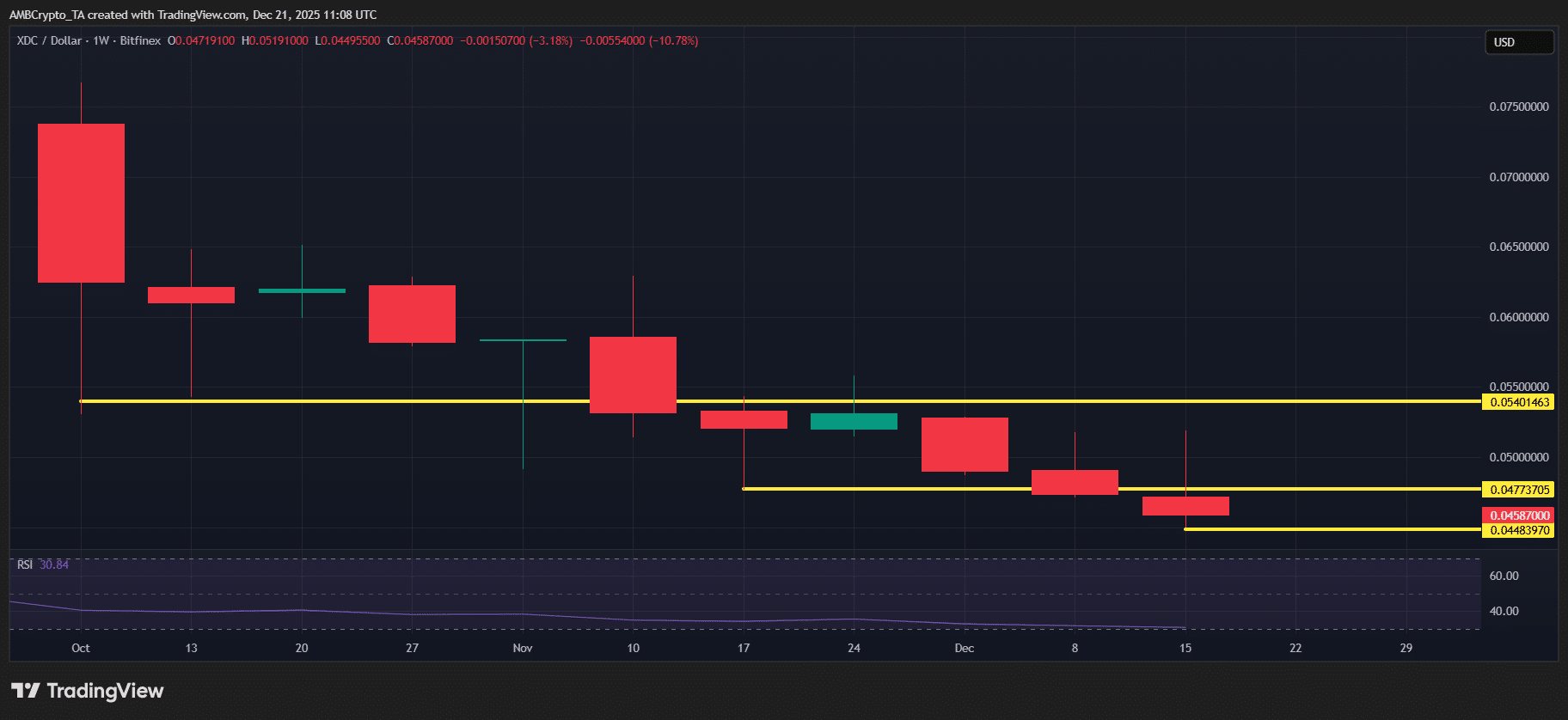Harvard Economist Rogoff Revisits Bitcoin Prediction After $100K Breakthrough
Harvard economist Kenneth Rogoff, once a vocal critic of Bitcoin, has acknowledged that much has changed since his now-famous prediction that the cryptocurrency was more likely to crash to $100 than rise to $100,000.
Harvard economist Kenneth Rogoff, once a vocal critic of Bitcoin, has acknowledged that much has changed since his now-famous prediction that the cryptocurrency was more likely to crash to $100 than rise to $100,000.
In a post on X on Wednesday, Rogoff reflected on comments he made during a 2018 appearance on CNBC’s Squawk Box, asking, “What did I miss?” The former chief economist of the International Monetary Fund (IMF) admitted that despite Bitcoin’s rise, his skepticism remains intact.
Almost a decade ago I was the Harvard economist that said that bitcoin was more likely to be worth $100 than 100k. What did I miss? I was far too optimistic about the US coming to its senses about sensible cryptocurrency regulation; why would policymakers want to facilitate tax…
— Kenneth S Rogoff (@krogoff) August 19, 2025
Rogoff pointed to three key factors he underestimated. First, he said he had been “far too optimistic” that Washington would adopt strict crypto regulation. Second, he misjudged Bitcoin’s role as a payments alternative in what he described as the “$20 trillion global underground economy.” Finally, he noted that he had not foreseen regulators themselves holding large amounts of crypto despite potential conflicts of interest.
Bitcoin, which crossed the $100,000 milestone in December 2024 following Donald Trump’s election victory, has since gained more than 80%, hitting fresh all-time highs. The asset has also taken root as a hedge against inflation in countries struggling with currency devaluation, while illicit use of cryptocurrencies remains a fraction of global cash-based laundering, according to Chainalysis.
Rogoff’s renewed remarks triggered pushback from the crypto industry. Bitwise chief investment officer Matt Hougan argued that Rogoff failed to grasp the potential of decentralized systems powered by individuals rather than institutions. FalconX researcher David Lawant went further, saying he was “thankful” to Rogoff because his earlier book, The Curse of Cash, was “so terrible” that it convinced him to embrace Bitcoin.
VanEck’s head of digital assets research, Matthew Sigel, also weighed in, ranking Rogoff ninth on his list of Bitcoin’s most vocal critics.
“He wrote Bitcoin’s obituary too early from within his own echo chamber,”
Sigel said, taking a swipe at Rogoff’s practice of locking replies on social media.Adding a layer of irony, Harvard’s own endowment manager recently disclosed a $116 million allocation to BlackRock’s spot Bitcoin ETF—signaling the university itself may be more bullish on Bitcoin than its renowned economist.
Disclaimer: The content of this article solely reflects the author's opinion and does not represent the platform in any capacity. This article is not intended to serve as a reference for making investment decisions.
You may also like
Ripple CTO to XRP Holders: We Are Going to Take Over the World
Why Bitcoin Billionaire Arthur Hayes Expects BTC to Hit $200K by March
Ark of Panda Collaborates with Duck Chain to Boost Network Scalability, Connect RWAs To Cross-Chain Ecosystems
Crypto market’s weekly winners and losers – CC, UNI, HYPE, M

